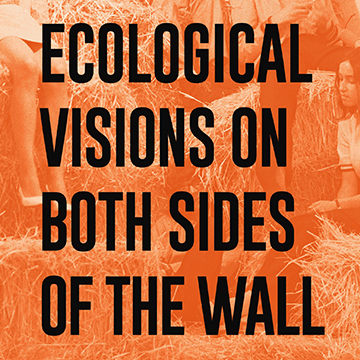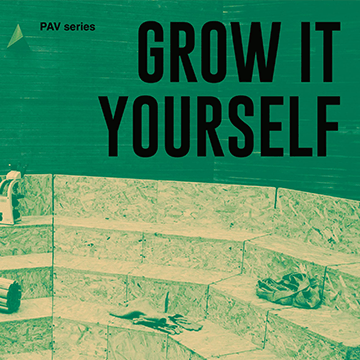There is no question that ecological ideas acquired a central role in contemporary episteme. In contrast, the heuristic function that these ideas can assume in the current polarisation is questionable: that which, over the last decade, has identified the environmental crisis with the (categorical and totalitarian) concept of the Anthropocene. Ecological discourse positioned itself inside historically situated trajectories that contributed to the transformation of aesthetical paradigms and political practices. In the scenario that 1968 opened up, the transversal nature of subjectivity allowed it to cover different fields, beginning with the tension between the logic of a unitary discourse and the creation of a multiplicity of possible worlds, between the molar and the molecular, the micro and the macro.
Tag: Ecological
Grow it Yourself
There is no question that ecological ideas have by now acquired a central role in contemporary episteme. In contrast, the heuristic function that these ideas can assume in the current polarisation is questionable: that which, over the last decade, has identified the environmental crisis with the (categorical and totalitarian) concept of the Anthropocene. […] Nonetheless, if it is true that the concept of the Anthropocene has its origins in this “change in state” of human activities, the impression remains of being witness to a new form of universalizing anxiety (impatience) that is ready to re-establish and recapture the ecological discourse within a to- talitarian and centralizing narrative, in a sort of modernist, meta-narrative to whose liquidation the environmentalism of the 1960s and 1970s (with its movement-based and destituent nature) had contributed.

